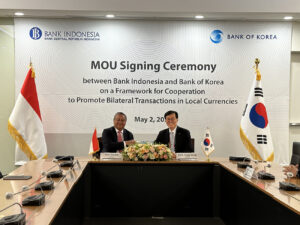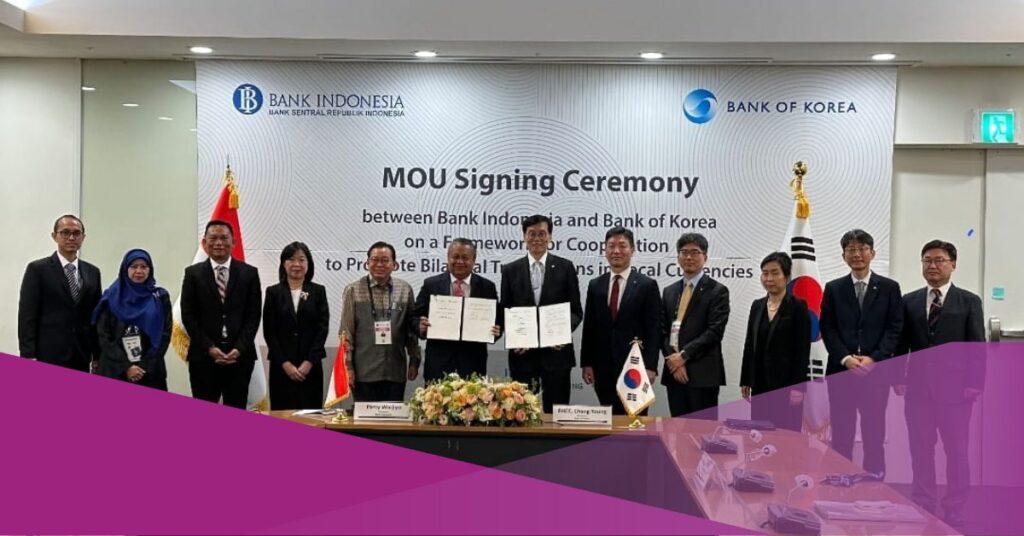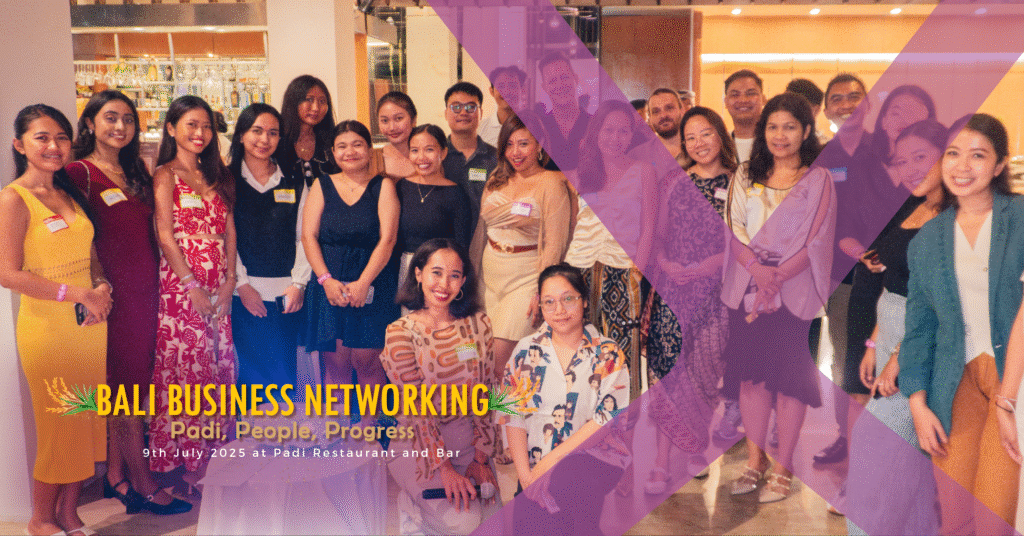On Tuesday, 2nd of May 2023, the central banks of South Korea and Indonesia agreed to work together to promote the use of their respective currencies in bilateral operations such as current account transactions and direct investment. The central banks stated in a joint statement that the collaboration would assist companies in lowering their transaction costs and exposure to exchange rate risks by enabling the direct exchange rate quotation between the Korean won and the Indonesian rupiah in interbank trade.
The Memorandum of Understanding (MoU) signed by Perry Warjiyo, Governor of Bank Indonesia and Governor of the Bank of Korea Rhee Chang Yong, facilitates the two parties to collaborate. This Memorandum of Understanding was signed on Tuesday, 2nd of May, in South Korea, coinciding with the ASEAN+3 Finance Ministers and Central Bank Governors Meeting.

According to a formal statement by Warjiyo posted on the BI website, “This agreement will promote the use of each country’s local currency in bilateral transactions between Indonesia and South Korea, such as current account transactions, direct investment, and other economic and financial transactions that will be agreed upon by the two authorities.”
As stated by Warjiyo, business stakeholders might benefit from this cooperation by lowering transaction costs. Entrepreneurs can lessen their exposure to exchange rate risk when conducting bilateral transactions between the two countries through direct exchange rate quotations between the won and the rupiah in interbank trade.
The two central banks emphasized that they will keep improving their collaboration by exchanging information and holding frequent conferences. The Bank of Korea and Bank Indonesia underline that this partnership will go on to make a substantial impact.
“The expanded use of each nation’s local currency for bilateral transactions will ultimately contribute to promoting trade between Indonesia and South Korea, as well as deepening local currency financial markets in both countries,” said Warjiyo.
Interested about this topic? Check out our other articles from Social Expat:




























